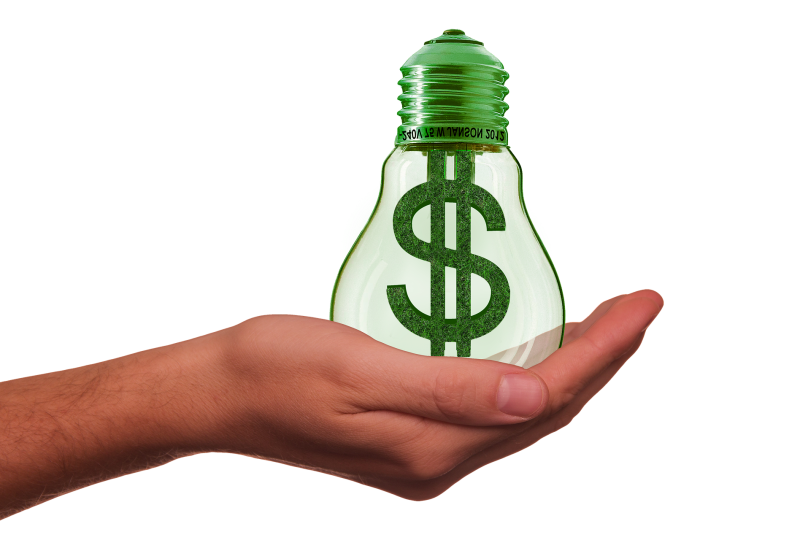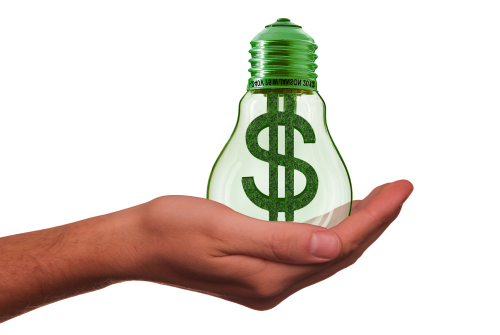Sustainability, we need more transparent company financial statements on the impact
2 October 2020 | Written by Stefano Tenedini
How much does respect for the environment, ethics and work weigh on the performance of companies? Making the impact on profits visible will give companies, investors, customers and employees more tools to reward those who make more correct choices towards the ecosystem.

To reduce our impact or not? It is a question that we should not even ask ourselves anymore: the point is how much we will be able to reduce it, when and at what price. Because sustainability must also be sustainable, otherwise we would not be the first to accept it: we people, citizens, families, companies, organizations, and governments. Does sustainability have a cost? Well, of course: they don’t give us solar panels or low-consumption boilers to pollute less; and cycling is “green”, but it is more tiring. But also not adopting sustainable behaviors, production processes and visions has a price to pay: in climatic, economic and environmental terms, as well as from a social and health point of view.
Sustainable efficiency, efficient sustainability. Therefore, if on the one hand we are convinced that sustainability is beautiful, on the other we must “see” an advantage because also to do good it is natural to go in search of efficiency. And indeed things are starting to change, and they could change even faster. We must transform our relationship with ethics and the environment into a real evolutionary process that is convenient, indeed: profitable, as in many cases it is already happening. The initiative conceived and promoted by the Harvard Business School explains (and also shows the potential drag effect): it is called IWAI, Impact-Weighted Accounts Initiative, a project that recalculates the financial statements of companies explicitly taking into account their impact.
A simple change of perspective that shows us how certain supergroups have feet of clay, while smaller companies and wrongly considered marginal are a pot of gold for shareholders and guarantee unexpected profits precisely because of their sustainability choices. The global impact of economic activities must be made visible and transparent so that, to put it in an image, investors know where to place their chips at the table. With big data analysis and artificial intelligence, it is less difficult to combine the variables, and this has made it possible to measure and attribute an economic weight to the impact of businesses. And if the rules change in the name of fair play, we can also change the game.
Today a company does not even know that it is a cost or a benefit for society and the environment. IWAI checked and weighed 1,800 budgets differently, and the reality appears in a different light. From 2021, the impact on employment and product cost will also be taken into consideration, and a complete picture will give us new perspectives on profitability. But something is already emerging. For example, many have environmental costs that exceed their own gross operating margin: 15 out of 100 companies would see their profits canceled by the environmental damage they caused, while 32% would lose a quarter of profits. In this critical range are companies from every sector, from airlines to forest products and paper, from petroleum products to electrical services and building materials. And in all sectors there are significant gaps between those who believe in renewal and those who turn their backs.
Seeing the impact clearly will have major consequences: instead of taxing everyone to reduce pollution or safeguard income and health, governments could target the most harmful companies, or distribute incentives to companies that have a positive impact with their products. , processes and work. Investors will do the same calculation, rewarding those who make the most correct choices. There are over 30 trillion dollars (one trillion is one billion billion: real money, not Scrooge’s), a third of the world’s assets, already placed in investments relevant to the environment, social and governance. Money that is “working” to promote climate and social change. Conversely, negatively impacted firms keep capital away and lose on the stock market and on finance. Here managers will be pushed to reduce the impact to save the shack – and their salaries.
And on the consumer side? More transparency will allow customers to purchase products from companies in line with their values. And so will employees in their career choices. Sustainable conversion must not be just words, the infamous greenwashing: even here, it is the scarcity of data that favors the talkers. Let’s take car manufacturers that boast cars with violet exhausts: that’s not true, and just measure emissions. In fact, only a few companies are saved. Defining accounting rules that include sustainability will change this and other assessments of corporate performance. And the Covid-19 crisis, which will aggravate social and economic inequalities, will intensify the need for a balanced and sustainable recovery and a transition to “impact driven” systems.
But a network of international organizations (such as the World Economic Forum or the European Environment Agency), innovators, companies and investors must require governments to adopt and disseminate impact indices. And all of us? Those who lead a company can measure and disclose their degree of sustainability. Those who invest money can ask for transparency from the companies in which they put money, to evaluate opportunities and risks. Those in government must push companies and investors to create favorable conditions for the transition to accelerate and reach critical mass. Consumers need to buy products and services from companies with a positive impact on the planet and society. Transparency can redesign the mechanism of value generation and distribution: not to cancel profit, but so that it is no longer a problem and becomes a solution. It will happen? There are doubts, but if we want an acceptable ecosystem and society for the new generations, soon this choice will no longer be negotiable. It’s time to decide whether to stay here or there.





